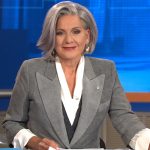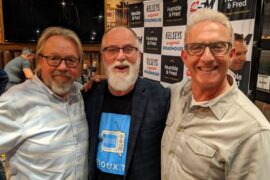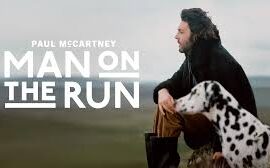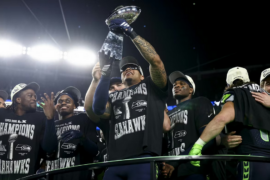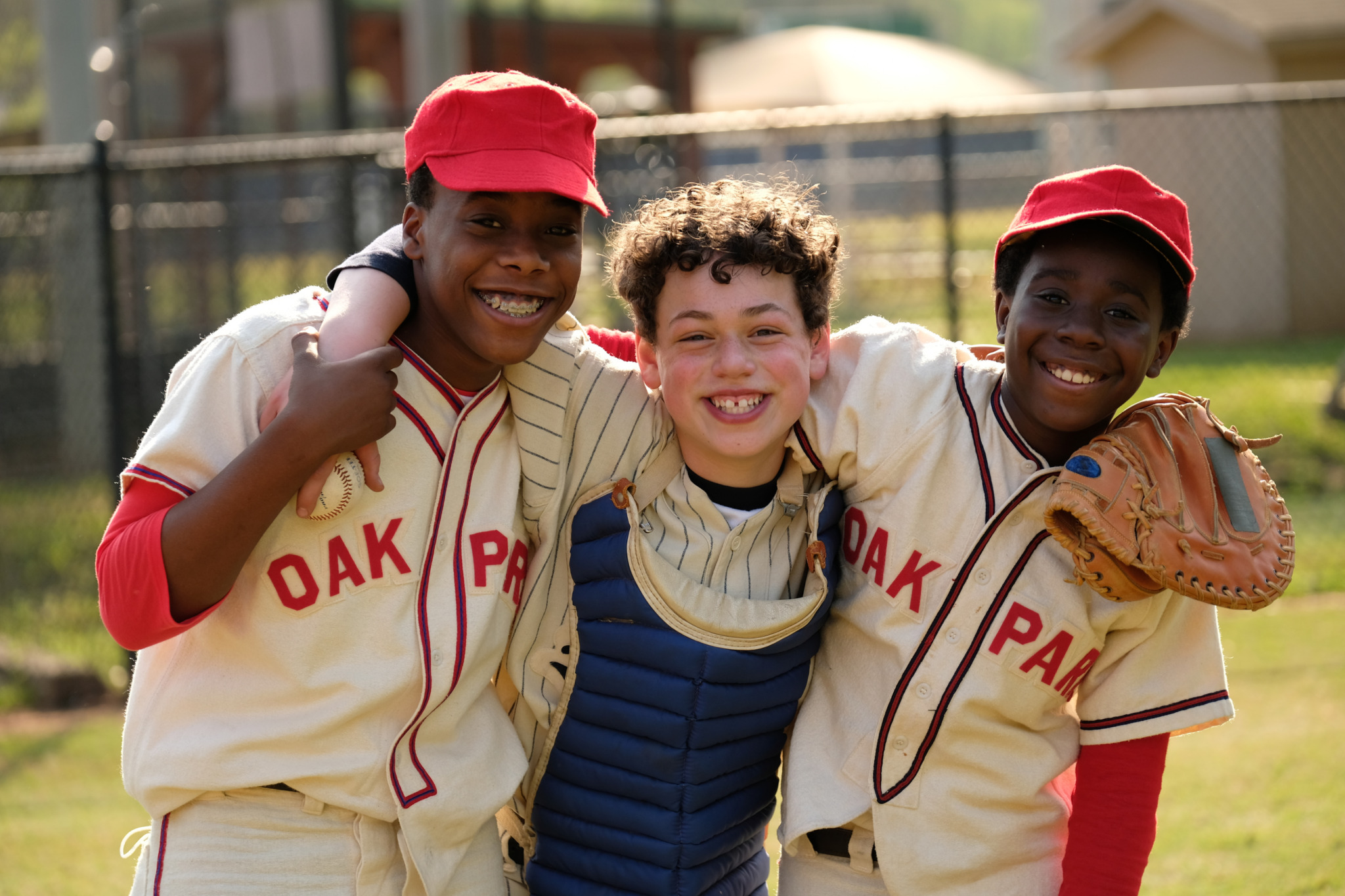
I remember the first time I saw the pilot of the original version of The Wonder Years. It was early in 1988. I was working at TV Guide Canada at the time, and without sounding too much like a narrator on the series, it was one of the best pilots I had ever seen.
It felt like, at the time, that somebody had made a TV series about my own wonder years. I was around the same age as the main character, Kevin Arnold, played by Fred Savage. I could directly relate to the styles and the music; the V handlebar, banana-seat bikes, the suburban neighbourhood vibe, the crush on the cute girl at school. Even the home movie film clips used in the main titles seemed straight out of my dad’s 16mm camera.
I also remember 1968. It remains electric and unsettling for me, beyond even this current age of disruption and isolation. To turn on the TV and see violence and unrest, from Vietnam and America, was never fully numbed by silly distractions such as Gomer Pyle, USMC, Gentle Ben or Mad magazine. The assasinations of Martin Luther King, Jr., and Robert Kennedy sent a chill across all of North America, felt even if you were just eleven that summer.
Do not, therefore, be lulled into thinking that the remake of The Wonder Years, premiering Wednesday night on ABC and CTV, is just another easy reach of an intellectual property title updated with a diversified cast. I’m sure it helps that it is that, as two legacy broadcast networks try to lure you back from the binge stream with that ol’ reboot hook. If that helps you watch it once, I’m betting you will watch it again.
The pilot — directed by none other than original Kevin Fred Savage (also a producer) — starts with a pan from the feet up of a kid — revealed as a Black kid — riding a bike.
“Growing up, mom and dad gave me the police talk, about handling yourself with cops,” says grown-up Dean Williams (narrator Don Cheadle), talking about his 1968 self (Elisha “E.J.” Williams).
advertisement
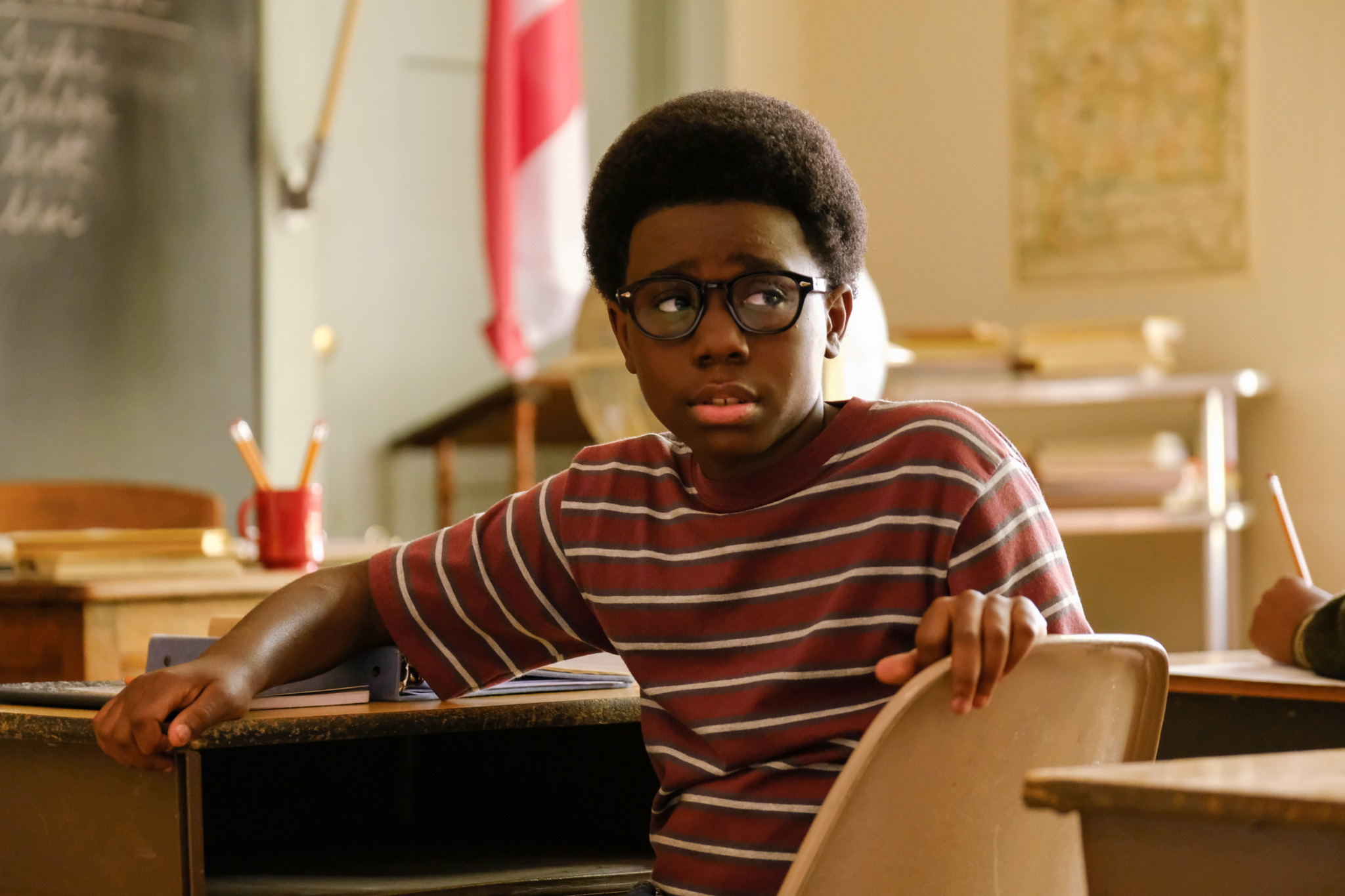
Right away then, the series is both familiar and strange. Kevin Arnold never had to listen to “the police talk.”
Older Dean continues to look back at 1968: “There was a presidential election that created a racial divide, and there was a flu pandemic that they said would kill a million people around the world.”
Yes, sadly, the world hasn’t really changed that much in the past 53 years. We meet Dean’s family, his mom Lilliam (Saycon Sengbloh), his dad Bill (Dule Hill), and his big sister Kim (Laura Kariuki). Dean’s musician Dad’s catch-all advice is to “be cool,” whether you’re drowning a BBQ in lighter fluid or getting pulled over by the police.
What 2021 viewers are seeing is a slice of Black, middle-class life in the ’60s, a view rarely explored on broadcast network television. Showing this was a priority for series creators and executive producers Lee Daniels (Empire, “The Butler”) and Saladin K. Patterson, who spoke with critics earlier this summer on a TCA zoom conference call.
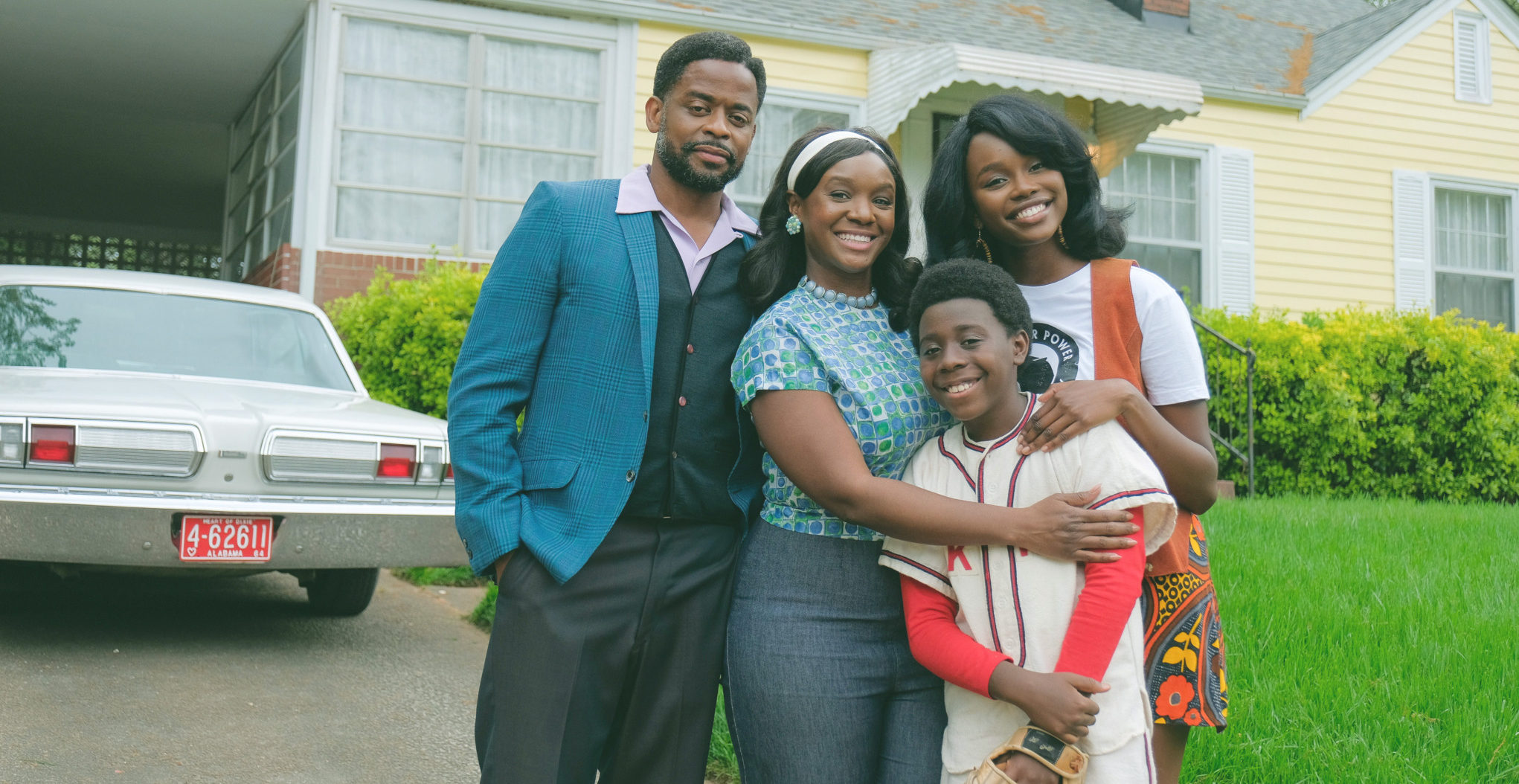
“I think that when you think of this time period in Black America, you don’t really think of middle‑class Black people,” said Daniels. “You think impoverished; you think of what the media portrayed us to be. And so, this really sits with me and Saladin because … this is our story; a story that hasn’t been told to America.”
Daniels is thrilled, for example, that Dule’s Hill’s dad character, dressed in his ’60s duds, “looks like all my uncles.”
Much of the story, however, is universally relatable. Narrator Dean says that the bummer about being the youngest is that, “by the time you’re born, all the good parts have been handed out.” Well, except Dean’s older brother did not get such a great part — he’s a soldier in Vietnam.
The school bus is where we meet Dean’s friend Cory (Amari O’Neil) and his someday maybe girlfriend Keisa Clemmons (Milan Ray). She’s a bit of a tomboy at this stage, not unlike Winnie on the original (Danica McKellar). His White fellow nerd, Brad Hitman (Julian Lerner), is just as apt to get slammed by the class bully as Dean.
The original Wonder Years was set in Chicago, where Kevin Arnold went to Robert Kennedy Junior High, The new series is set in Montgomery, Alabama, where Dean’s school is named after Jefferson Davis — a former president of the Confederate states during the U.S. Civil War.
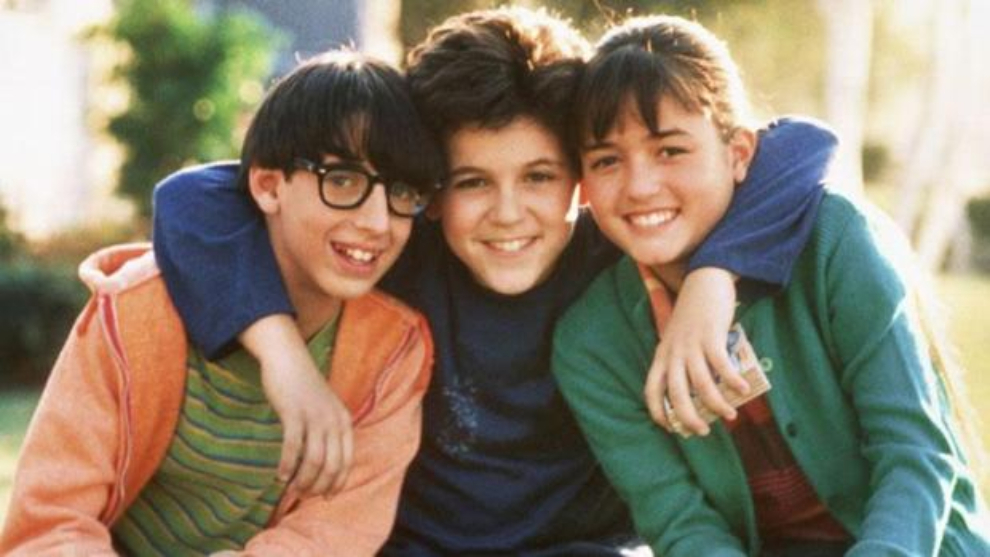
The narration touches on the racism in ways general and casual. Much of what goes on, however, is relatable to all. In a sandlot baseball game scene, older Dean talks about milestones such as that “first time your dad lets you know that he sees you,” for example, and it sounds like something older Kevin Arnold might have said.
Everything is snapped back to reality with an assasination. A news clip of Walter Cronkite reminds you that the CBS news anchor didn’t just deliver terrible news in black and white. There’s one of several well-chosen music cues as one of the family members goes to the bookshelf for “Soul on Ice,” Eldridge Cleaver’s seminal prison memoir.
Instead of “A Little Help from My Friends,” the Beatles’ anthem Joe Cocker soared with on the original, this Wonder Years closes with Sam Cook’s “Change is Gonna Come.”
Not fast enough. Still, this Wonder Years lets White folks in on some conversations we weren’t privy to in 1968. Better late than never, and told with such skill and execution by Daniels, Patterson, and the entire cast — especially Cheadle, who is note perfect as narrator. The Wonders Years, like it was for me in 1988, is the best new network pilot I’ve seen this season.



